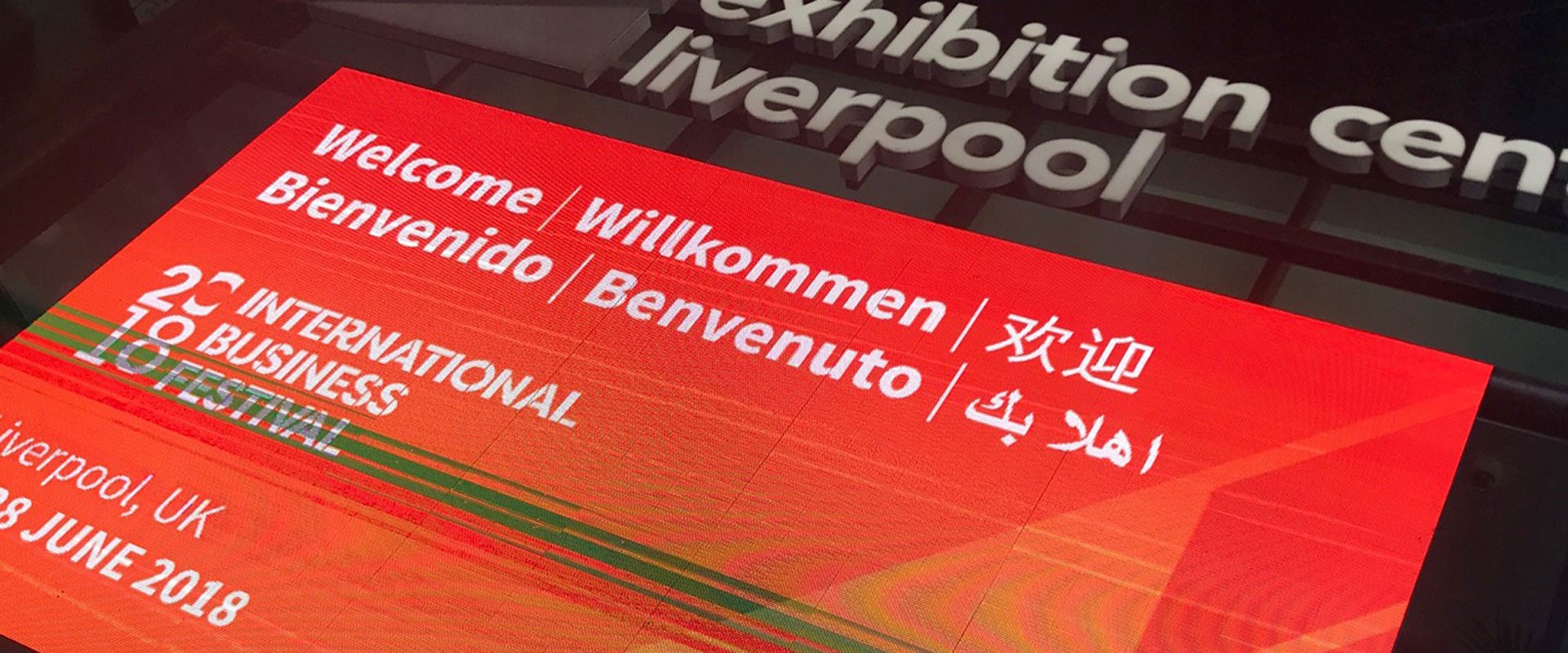After a couple of decades worth of regeneration and redevelopment, Liverpool's waterfront has seen the elegant limestone buildings of the three graces, which includes the iconic Liver Building, and the more industrial red brick blocks of the restored dock buildings such as Albert Dock, interspersed with many shiny new structures. There's the long, thin, rising silver box of the Liverpool Museum which sits adjacent to the Mersey with two neighbouring gloss-black wedge-shaped offices set at jaunty angles to it. Behind them, the rectangular blocks of water in Canning, Albert, Wapping, Salthouse and Queen's Docks which were all glistening in in the sunshine yesterday.
In the slice of land between Wapping Dock and the Mersey are hotels, restaurants, hoardings [that struggle to conceal the unfortunate burnt-out remains of the car park that saw a few hundred cars go up in flames last new year], expansive walkways and the horseshoe shaped Echo Arena back to back with the slightly smaller horseshoe of the BT Convention Centre. Behind this sits another huge silver box housing the Exhibition Centre, home to this year's International Business Festival.
Just walking round all this to get the Exhibition Centre, especially in yesterday's beautiful clear blue skies and sweltering sunshine, creates a real sense of spectacle and theatre. The walk into the Centre itself, under the flashing dots of a huge LED screen, then along wide corridors and into the huge exhibition hall, is no less impressive. Maybe it's because the hors d'oeuvres were so good, the main course felt a little underwhelming. The huge atrium somewhat engulfed the various stands, seminar spaces and break out areas within it. Similarly, despite many delegates wandering around, the acres of space seemed sparsely populated creating an overall feeling that it was a bit quiet.
One corner of the hall housed 'The Futures Stage' a large LED screen behind some armchairs facing about two hundred seats for delegates to occupy as they pleased. The first session kicked off at 10am with a brief intro from the day's facilitator Wayne Hemingway MBE. Wayne is something of a design industry legend; he sits on the Design Council Trustee Board; is a Professor in The Built Environment Department of Northumbria University; a Doctor of Design at Wolverhampton, Lancaster and Stafford; a Fellow of Blackburn College and a Senior Fellow of Regent's University London; but he's also a great character and his passion for design is beyond question. He started to quickly recount his career from an Oliver Twist style move to the bright lights of London for 'excitement', into punk bands and onto market stalls selling handmade clothes. From this grew the 'Red or Dead' brand which he built up to nearly 400 employees before selling out for millions in the 90s. He now runs Hemingway Design which is a multi-disciplinary agency working across fashion, interiors, product and architecture. Sadly, as he was just getting into his stride, the story had to be rapidly abbreviated to allow the first discussion panel to start.
The panels all essentially followed the same format, three or four industry experts discussing a specific subject - Soft Power, Disruption, the Workplace and Talent - facilitated by Wayne and supplemented by audience questions via Slido which is a great app that allows people to text in questions onto the large screen behind the panelists. Obviously panels are, by their nature, a free and open discussion so can lead anywhere. The facilitator's job is to rein that back towards the matter in hand from time time, but all too often the conversation seemed to go off at tangents and failed to get to the nub of the primary subject matter. As mentioned, Hemingway is a great character, a strong personality and is clearly opinionated so often found himself deeply involved in the discussion. I think he might've made a better panelist than compere.
The other obvious feature of panels, is that everyone has to take turns to express their thoughts and opinions meaning that some get more chance than others or people get cut off in their prime. This can be very frustrating when you really want to hear what some of the experts and industry leaders on the panels had to say. For example, I'd have loved to have heard more from Dr Lifen Zhang Professor at the School of Journalism Fudan University, Shanghai or Alice Webb head of BBC Children’s & BBC North on Culture as Soft Power; or Cat Lewis from Nine Lives Media and Lou Cordwell of MagneticNorth about Disruption; or David Coats from Work Matters and Jeremy Myerson from Worktech about the Changing Workplace.
I'm sure each or any of these would have made excellent speakers, which, in turn, I think would have had two main benefits. Firstly; more considered content. Partially because the discussions wandered off topic and partially because of Hemingway's approach, the panelists were often dealing with questions 'on the fly'? For example Brexit kept rearing its head, it's obviously a hot topic but only loosely related to the subjects and led to some political debate. And Hemingway, rather unfairly I think, put Adam Galloway from Launchcode Digital and Richard Pay from Uniform on the spot by demanding examples of how they'd been disruptive and then dismissing them as not being disruptive enough. The guys, who were obviously not seasoned panelists like some of the other more mature members, were clearly uncomfortably squirming at points. Secondly; some presentations to punctuate the day would have offered a better format as panel after panel becomes a bit monotonous.
On the train back to Wigan we couldn't help but keep comparing the day to the Festival of Marketing. By way of contrast, The Festival of Marketing which we've attended for the last 3 or 4 years, breaks up presentations and panels to provide a more engaging and better balanced experience. Maybe it's not entirely fair to compare the two, as that's a 2 day and much more expensive event, but in every aspect it's so much better - there's an amazing vibe inside, the pace is relentless and inspiring, the mix of speakers and panelists are great, and the break out sessions are nearly all stimulating - if that's a 9/10 benchmark, then The International Business Festival's Creative Industries day can only rate as 5/10.

